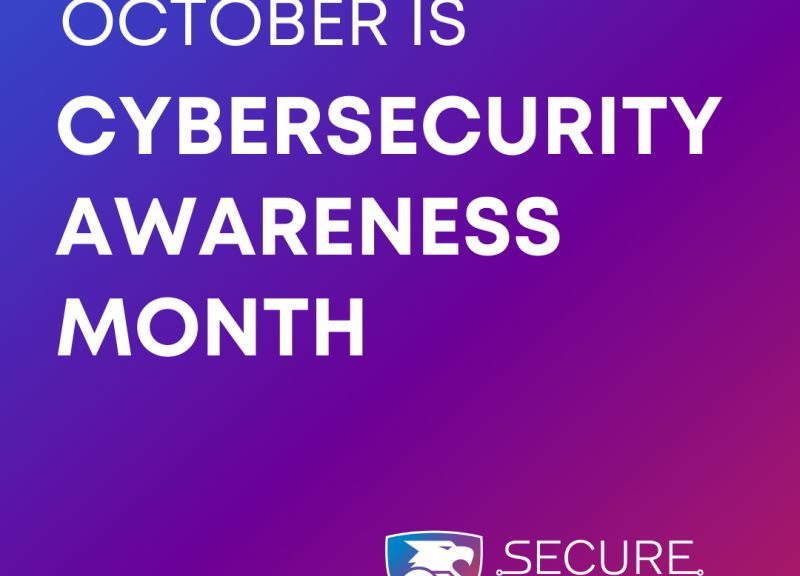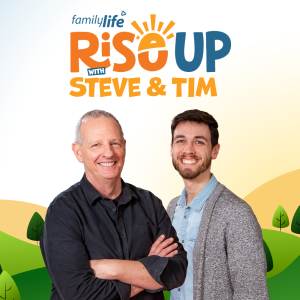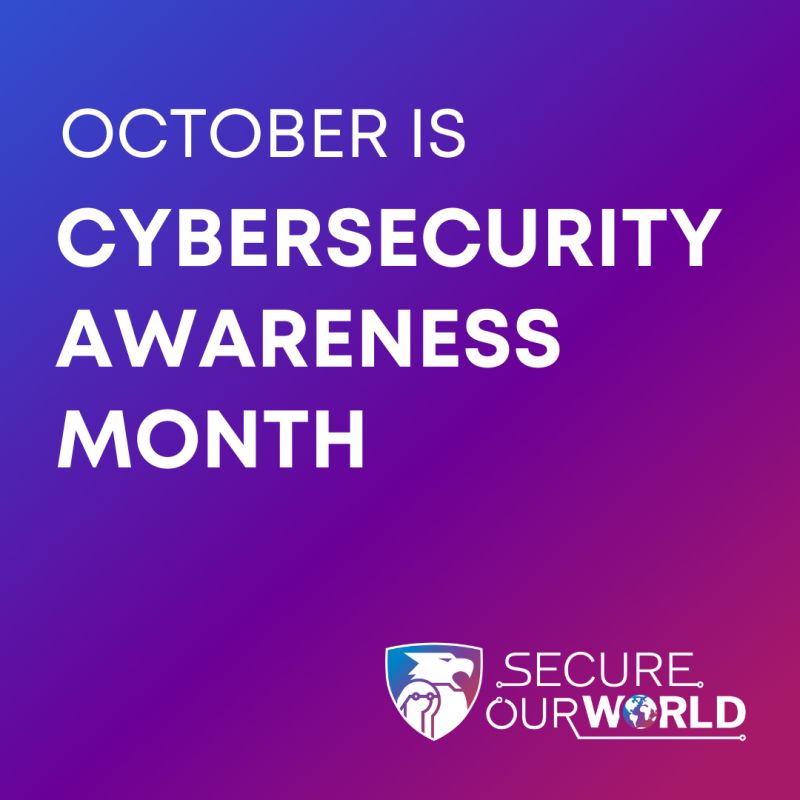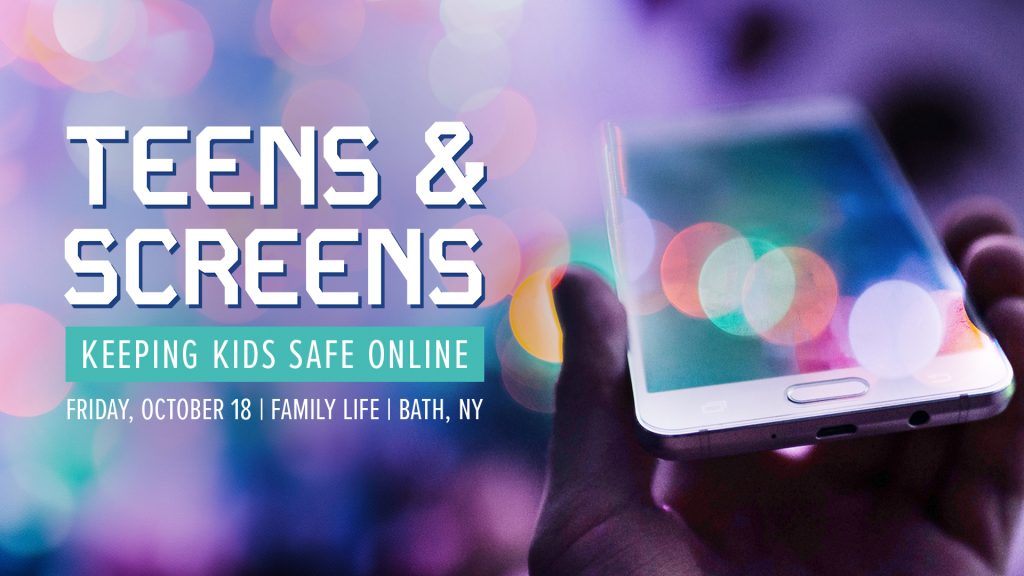
Protecting your money and your data – It’s “Cybersecurity Awareness Month”
Podcast: Play in new window | Download (Duration: 8:16 — 11.4MB)
Subscribe: Apple Podcasts | Android | Email | RSS
Financial cyber-fraud is a twelve-billion dollar business each year — all of it illegal.
Consumer advocacy banking specialist Blythe Figurelle is among the experts promoting Cyber Security Awareness month during October. Whether its by phone or an electronic message, the fraudsters try to catch you with what she calls “emotional manipulation”.
Figurelle says it is common for scammers to initiate contact out of the blue, pretend to be a business or person you trust, or add unreasonable urgency.
Her advice:
-
- If it’s a phone call, don’t say anything and hang up.
- If it’s on social media, a text or an email — delete that message, without clicking any links.
- You may wish to also block that sender or that phone number
 On this Family Life News podcast, Figurelle describes the acronym STOP as the four steps you should do, if you suspect a call or a message is not legitimate, or someone pushes you for your account number or other private information:
On this Family Life News podcast, Figurelle describes the acronym STOP as the four steps you should do, if you suspect a call or a message is not legitimate, or someone pushes you for your account number or other private information:
Stay cautious
Take your time … don’t be rushed into anything
Only trust verified sources
Protect your codes and numbers and passwords … every time
Bonus content:
A coalition of law enforcement and governments in Dubai and Emirates put together a clever public service announcement, urging consumers to always protect all of their personal financial data. This music video portrays a banker whose customer gave away his codes to scammers. Find it here.
























